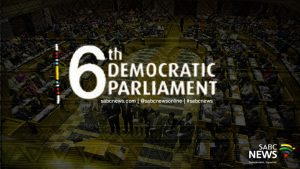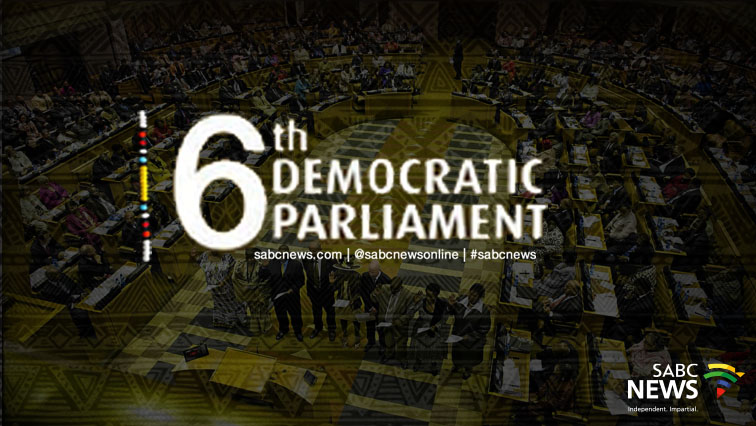On 8 May the people of South Africa cast their votes in South Africa’s sixth non-racial democratic election to determine which political parties will represent them in Parliament and the Provincial Legislatures. As the legislative authority of the democratic republic, Parliament must ensure there is government by the people, under the Constitution.
The National Assembly must ensure this by choosing a President, by providing a national forum for public consideration of issues, by passing legislation and by checking and evaluating executive action of the government.
Click the link for full feature 
In terms of the law, within 14 days of the Independent Electoral Commission of South Africa declaring the results of the election, the Houses of Parliament must be established. This happens at the first sittings of each of these Houses – the National Assembly and the National Council of Provinces.
The Chief Justice of the Republic of South Africa has the powers, under the Constitution, to determine the dates and times of these first sittings and presides over key aspects of them.
Following consultations between officials of the Office of the Chief Justice (OCJ) and Parliament, the first sitting of the National Assembly is provisionally set for 22 May. The Chief Justice will officially declare the date of the first sitting in due course.
At this sitting, the Chief Justice will preside over each Member of the National Assembly’s swearing-in or affirmation of faithfulness to the Republic of South Africa and obedience to the Constitution. The National Assembly may be constituted of no fewer than 350 and no more than 400 members.
Author
-
Multimedia Manager at SABC News · Wits - University of the Witwatersrand


